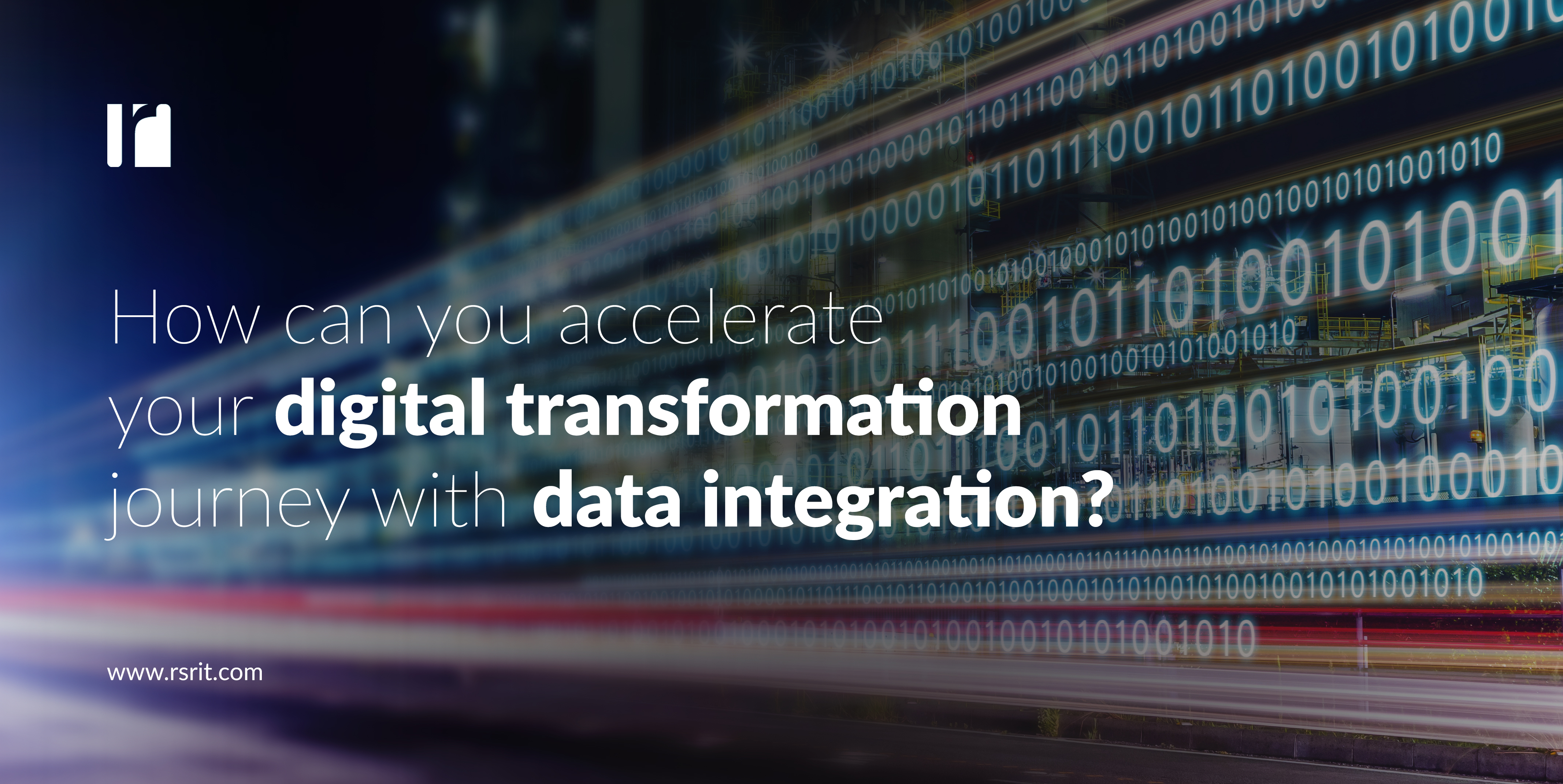Digital transformation is something we talk a lot about here at Reliable Software, and for good reason. It’s a business strategy that integrates the broadest possible array of channels, functions and processes into a coherent and constantly-evolving whole. When done effectively, digital transformation positions organizations to identify and take advantage of new opportunities while finding new savings and efficiencies in legacy practices.
Data is at the core of digital transformation and the digital economy. That’s why effective digital transformation depends on effective integration of legacy data with new internal and external data into a coherent whole. This process of data integration is the underappreciated foundation of digital transformation, because data in silos acts as a roadblock to digital transformation.
The AI and machine learning capabilities that power so many transformative digital economy tools, from retailers’ “you might like this” predictions to health insurers’ fraud, waste and abuse initiatives to financial services’ predictive marketing campaigns and beyond, rely on bringing together data from a variety of internal and external sources. That requires a comprehensive data integration capability, working both on a batch and real-time basis, to provide the analytics tools with the fuel they need to power their business processes.
The better an organization’s data integration capabilities are – and the more flexibility built into them – the more that organization will be able to accelerate its digital transformation without being forced off track or slammed to a halt by data that cannot interact as needed with other data and applications.
In some ways, you could analogize data integration to the body’s digestive system, turning everything from fast food to gourmet meals; from ice cream to hot coffee into the building blocks the body needs to function, grow and thrive. If it’s not working well or giving you problems, you’re going to be limited in what you can consume and it’s not going to do you as much good as you’d like. But when it’s running well, you take it for granted and barely notice it’s there.
How’s your organization’s data digestion doing? Is it powering you, or holding you back? If you’d like to find out how to make data integration an engine to accelerate your digital transformation, contact us to learn more.



